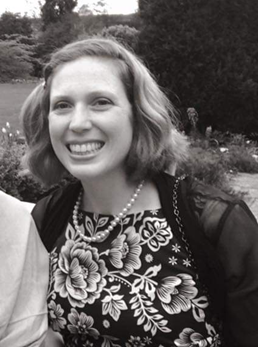In recognition of the National Institute for Health Research (NIHR) Your Path in Research campaign, ARC North Thames caught up with some of our early career researchers, who are combining their expertise as healthcare professionals with research to better support their practice and patients.
In this blog, they share their motivations for pursuing a research career, what they have learnt along the way and their advice for other healthcare professionals who want to get started on their research journey. 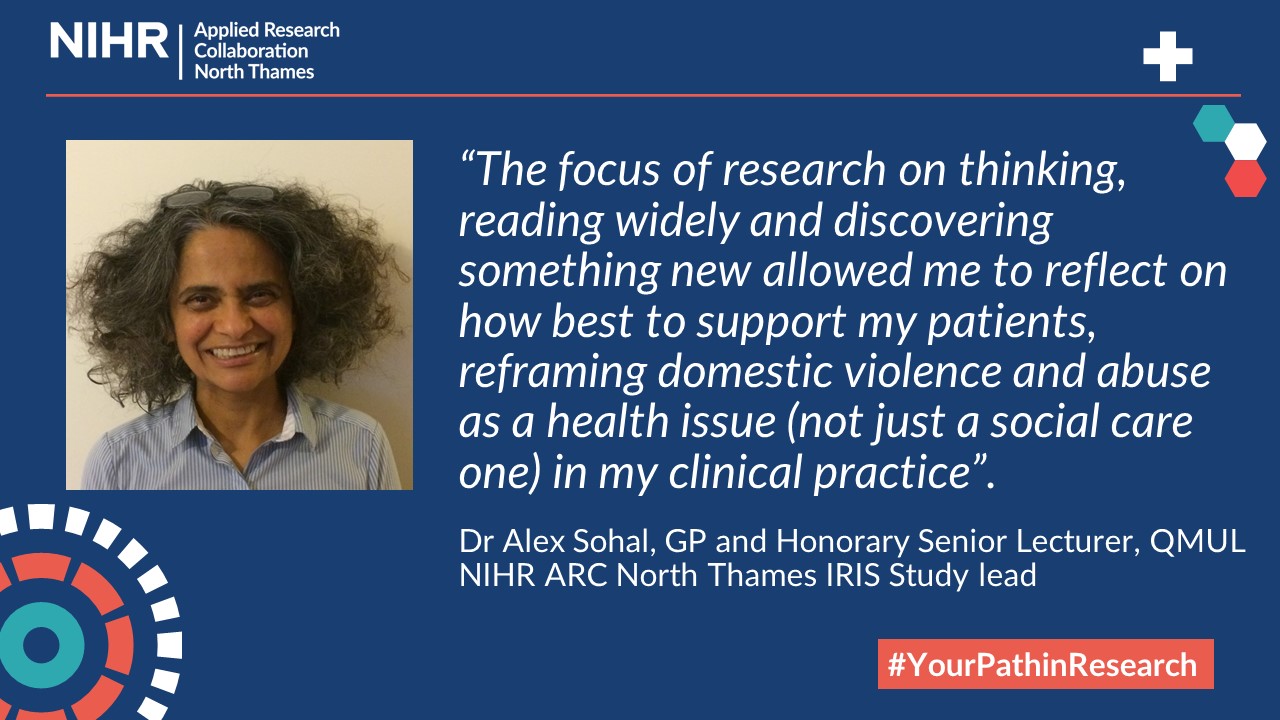
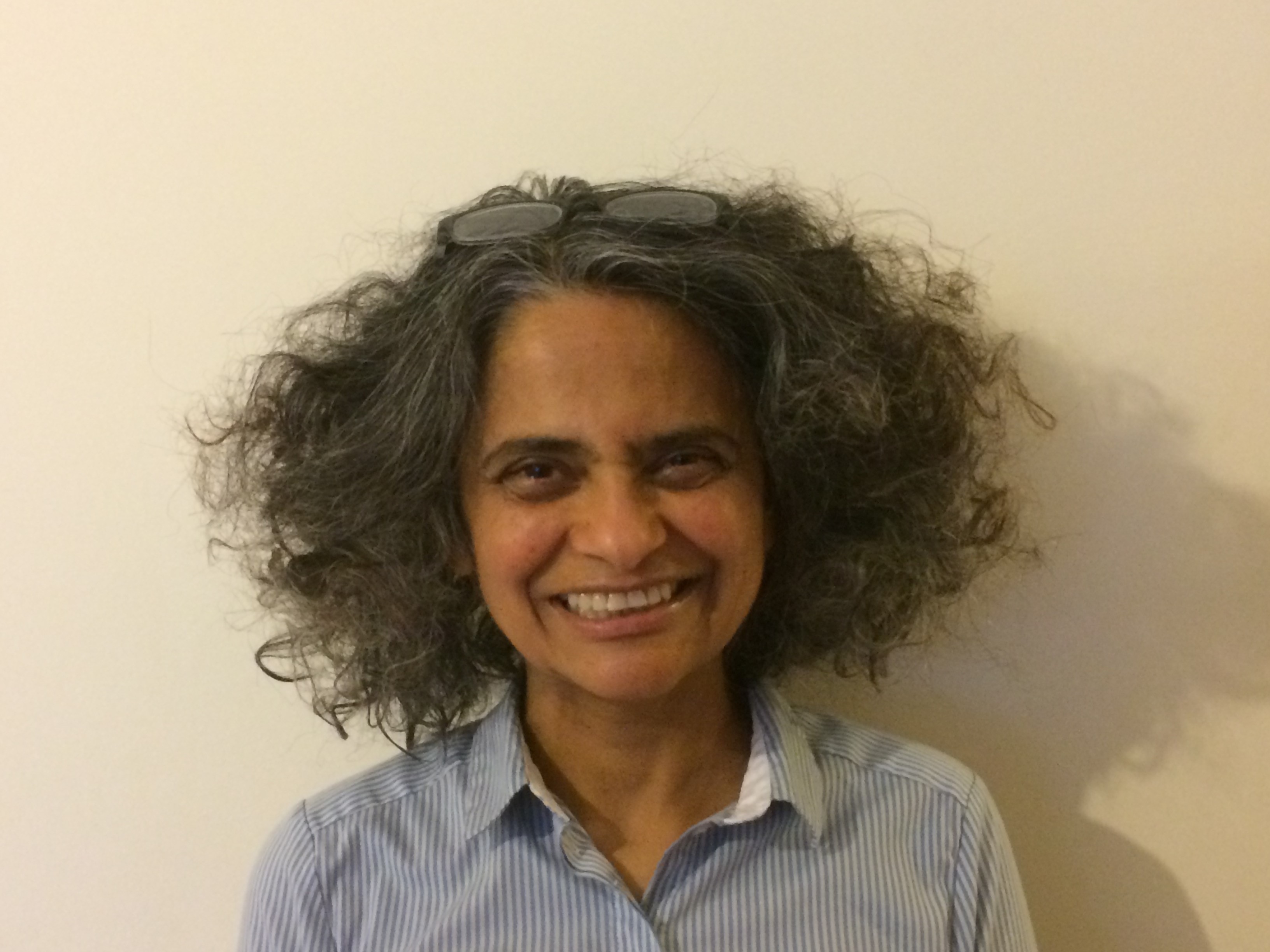
Catherine Leon
Medicine Safety Pharmacist
LSHTM & ARC PhD researcher, Health Economics and Data
My role as as Medicine Safety Pharmacist involves improving the safety of medicines and the way in which they are used in the hospital where I work. My research aims to find a range of measures within digitally integrated healthcare settings that can be used to improve the safety of anticoagulants (a type of medicine that treats and prevents blood clots).
I have always been interested in research and wanted to develop my skills and knowledge, but I didn’t know how to go about it. I saw an opportunity to study something that I was interested in and fit really well with my professional background. I decided to apply for the project because I felt that it would help me develop in my healthcare role, as well as develop invaluable new skills.
My first experience of research was just after I had qualified as a pharmacist, working within a wider research project in Australia. I was assisting patients at home who were at risk of medicine-related harm or had medicine-related issues, supporting them to get the most out of their medicines. I then did a master’s research project a few years later.
I started my research degree last year having been qualified as a pharmacist for nearly 20 years and, since then, my understanding of how to improve medicine safety has evolved. I have been able to apply my research knowledge to better support patients, and I feel my work and decisions have been better because of it. On a personal level, my confidence in myself has improved enormously, and I’m able to defend my position at work, when challenged, much more effectively.
It can be difficult to find the right balance between home life, child care, pharmacy work, exercise and studying. At the beginning of 2021, home-schooling during the lockdown was particularly tough, and it did take a while to re-learn how to concentrate for more than 10 minutes at a time!
If you are interested in pursing a research career, I would say find a peer-support network or group of fellow students who are at a similar stage, or slightly ahead of you, in their research journey. This is particularly important at the moment when much of our work is remote. I’ve been so fortunate to have support from the ARC North Thames Academy and their online ‘sit down and write’ sessions have been especially helpful.
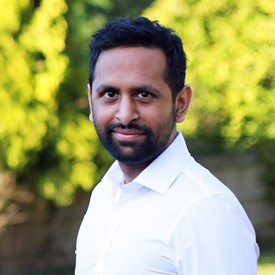 Dipesh Patel
Dipesh Patel
Post-doctoral Orthoptist
NIHR Advanced Fellow at UCL Institute of Child Health
Honorary Clinical Research Fellow (Orthoptics) at Moorfields Eye Hospital
My current research investigates key issues about amblyopia (lazy eye) management, from generating evidence to support decisions about referral for treatment, to improving understanding of management choices. I am also Programme Co-director of the Orthoptics MSc at UCL Institute of Ophthalmology – a programme that enables graduates to study to become Health and Care Professions Council-registered (HCPC) Orthoptists. I split my time between 3 roles - research, teaching and clinical practice.
I started practising as an Orthoptist at 21 years old. Whilst I loved my work, I quickly recognised that I needed something that complimented my clinical practice to maintain that passion for the next 45-50 years of my career. I explored options and decided that a clinical academic career would allow me to continue seeing patients whilst widening my skill set, and ultimately enable me to provide better care for my patients.
After 3 years in clinic, I started applying for multiple PhD studentships and research posts. I didn’t have good support structures around me at that time and wasn’t successful in my first few attempts - highlighting the importance and value of good mentors. Luckily, I secured a full-time research post at UCL Institute of Child Health (one that required the very niche clinical skills of an Orthoptist!), and was extremely fortunate to be able to work with a team of world-leading scientists, statisticians and clinicians.
For 4.5 years, I was responsible for the day-to-day running of an observational study investigating optimal methods for assessing peripheral visual function in children with glaucoma and neuro-ophthalmic disease. I made full use of the opportunities that arose, forming new collaborations and defining normative standards for interpreting visual field test results. The team supported me to develop further and undertake a PhD.
For me, research training improved key practical skill sets such as communication, team working, and time and project management. It provided me with a supportive environment to hone my critical appraisal and thinking skills. Whilst my research outputs have had direct patient benefit, the process of learning how to undertake research has changed the way that I process and confer information, tailoring the way I approach each patient.
One of the main barriers to a clinical academic career is securing funding to undertake research. Funding is extremely competitive and a lot of important research doesn’t happen because resources are limited. I am hugely grateful to the ARC North Thames for their post-doctoral funding support, and to NIHR for funding my current Fellowship.
My main piece of advice is: Do not judge research solely by how it is delivered in the clinic. Research delivery is key to a studies success, but, at least for me, the true joy of research comes from designing research well and implementing creative solutions to potential problems. Explore the entire research pathway to see what interests you.
Research needs people who think and work in diverse ways so it’s important not to be put off if you don’t see others like you doing research. Whilst the first step is often the hardest, don’t be deterred by challenges along the way – find good mentors and develop strong relationships to help you along the way.
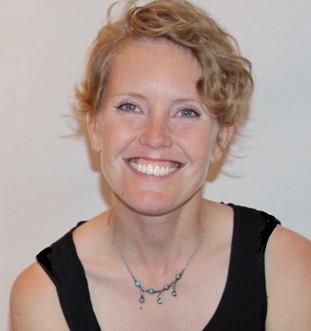
Lucie Hogger
NIHR Clinical Doctoral Research Fellow, QMUL
Honorary Speech and Language Therapist, Whittington NHS Trust
ARC PhD researcher, Multimorbidity
Co-chair, ARC NT Early Career Researcher Committee
My research explores the ways in which people with dementia manage their medicines at home. I’m particularly interested in the communication around medicines and the ways in which people’s relationships are constructed, negotiated and challenged in these interactions.
For me a research career wasn't part of a grand plan. I’d been working in the NHS for 6 years and found an unexpected love for working with clients at home and in care homes as part of a community team. An opportunity came up to work with some speech and language therapy graduates from Makerere University in Kampala, Uganda. Working alongside them and having a change of pace from full-time NHS work gave me the space to think about next steps - and I when I came back, I started a part-time MSc in Neuroscience and Communication. I was drawn to community therapy and turned to qualitative research for a final project on conversation skills with people after traumatic brain injury.
My then supervisor, Dr Suzanne Beeke at UCL, encouraged me to apply for a one-year NIHR Collaboration for Leadership for Applied Health Research North Thames (CLAHRC) pre-doctoral fellowship, targeted at developing research skills and applying for a doctoral project. Her enthusiasm and support made the possibility of a clinical academic career feel possible. The fellowship led me to work with Prof. Deborah Swinglehurst and Dr Nina Fudge at Queen Mary University of London (QMUL). They helped me to develop research skills and applications for funding. Several years later, Suzanne, Deborah and Nina are now on my PhD supervisory team and have been amazingly supportive and generous with their knowledge and expertise.
At first, I found it difficult to adjust to a change in identity from competent therapist to novice researcher and it took me a while see how my skills as a clinician could translate into academia. I missed working with people and found the start of the PhD a little isolating (though I did start during the first national lockdown so don’t let that put you off!)
There were also the inevitable rejections when I was applying for funding which are hard no matter how much you anticipate them. Luckily for me, I’ve always been surrounded by researchers who are supportive and open about their own rejections and worked hard to normalise this, and I’ve tried to follow their example. I now help to deliver training and organise networking opportunities for others in my role with the ARC Early Career Researcher Committee.
If I can give any advice, it would be to do something you feel passionate about which will sustain you over the course of the research process, but do also bear in mind that projects change and my experience has been that there are fascinating things to learn in the most unanticipated places! Finally, seek out other people who share your interests and who are curious and supportive - community is everything!
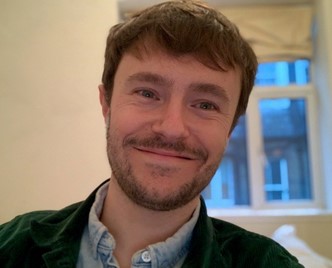 Tom Osborn
Tom Osborn
Registered nurse
ARC & UCL PhD researcher, Mental Health
My research is exploring whether mental health services in London meet the needs of university students and aims to identify how provision could be improved. I’m a Nurse and hold an MSc in Public Health. I’m particularly interested in the areas of implementation, mental health, and health services within applied health research.
My path into research wasn’t straightforward, and more of a gradual process. I worked as a nurse for eight years before I started my MSc. I often felt frustrated and powerless to help the people I took care of as a nurse because of circumstances beyond my control. I saw developing my public health skills as a way to do something about this. When I started my MSc, I loved the research component. I was lucky enough to have an incredibly supportive and encouraging supervisor, Dr Rebecca French who quickly recognised this. She was instrumental in encouraging and challenging me to publish my MSc project as a paper.
After my MSc I was fortunate enough to have the opportunity to work on two studies helping with data collection. I subsequently got a job with the British Red Cross as an evaluation officer, leading on evaluations of services. It was a big challenge, but it gave me invaluable experience of some of the difficulties conducting research in the ‘real world’, and how research findings can support policy decisions. While working here, I applied successfully for my PhD studentship.
I see the relationship between research and practice as reciprocal. For example, I continue to work as a nurse in critical care and the Covid-19 vaccination programme. Here research helped me be more reflective in the way I practice, and better able to consider what research evidence is relevant and useful in any given situation. In turn, being a nurse has helped me consider the relevance of the research questions I ask, and how any findings can be most useful to the people who use it.
I think it’s important to be aware that you often meet setbacks when conducting research. I have applied for lots of jobs and not heard anything back, not got the feedback on my research I’ve been hoping for and had research studies not go to according to plan. I’ve learnt to see these as important opportunities to learn and improve - perseverance is key!
If you’re interested in research, just go for it. Grab opportunities that come to you, even if you initially think you might not be successful. This could be by getting involved in small projects where you work, embarking on a degree or reaching out to researchers who’s work you find interesting. It’s also important to consider working in relevant areas or roles out of your comfort zone. Working at the Red Cross was hugely challenging, but it was an overwhelmingly positive experience and I developed so much as a researcher.
I have found some people want to put you into a box as a nurse, and it can be hard to move into other roles. Having a strong sense of who you are and what you care about is so important. Finally, find and invest in relationships with people who support and encourage you. I would not be where I am without the help of many people in the process.
Take the next steps in your research journey
The NIHR Your Path in Research campaign aims to encourage and support health and care professionals (HCPs) to take the first or next step in their research career. Find out more about the campaign and check out #YourPathinResearch on Twitter.
Want to find out more about pursuing a career in applied health research? Visit the ARC North Thames Academy to learn about the training and opportunities available to help you develop your research skills and bridge the gap between research and clinical practice.

 04 Nov 2021
04 Nov 2021